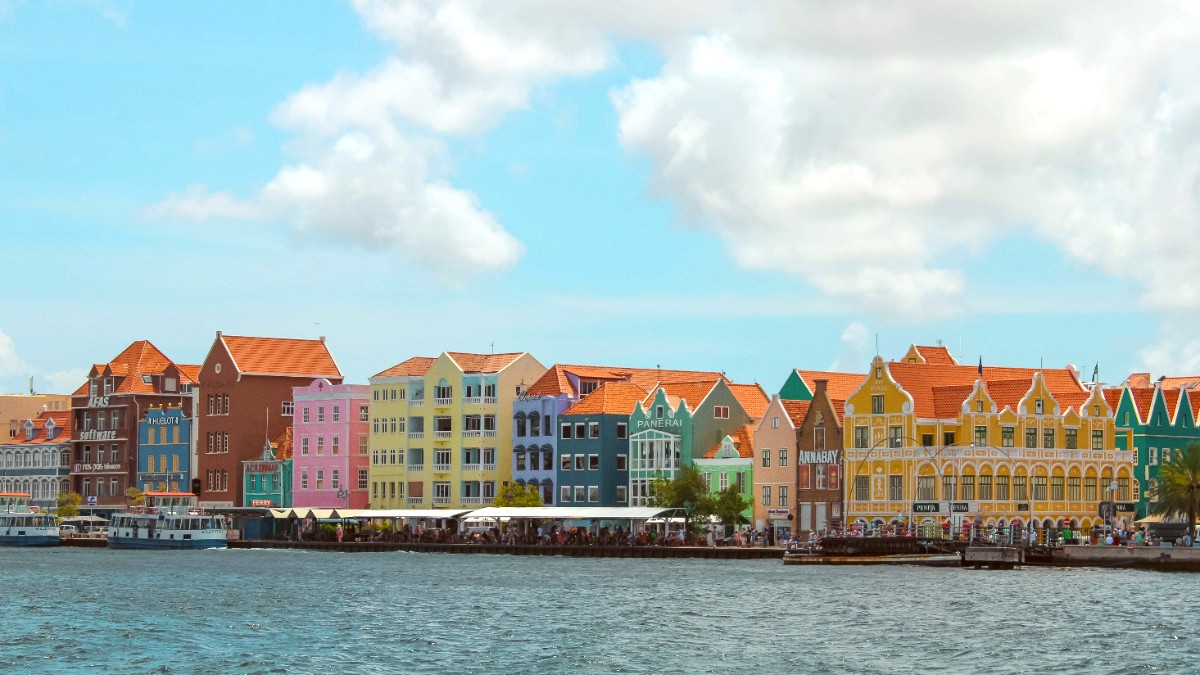
Aruba Bonaire And Curacao
A simple "Bon dia" (good morning) or "Bon tardi" (good afternoon) finds appreciation when entering shops, restaurants, or interacting with locals. Handshakes are common.
Bonaire generally welcomes LGBTQ+ travelers without issues, especially in tourist areas.
Accessibility for travelers with mobility challenges remains a developing area in Bonaire.
Some newer resorts and major attractions may feature ramps or accessible restrooms.
Bonaire's relaxed "island time" atmosphere means things may move at a slower pace. Patience is appreciated.
Services that support a smoother airport experience.
Independent airport lounge access for frequent travelers. Enjoy comfort before your flight.
Assistance with compensation for flight delays, cancellations, or denied boarding.
A selection of duty-free goods for purchases before your departure.
Current health and safety measures for a secure travel experience.
Important numbers for emergencies during your stay on Bonaire.
For seamless global connectivity, consider travel apps for navigation and communication.
Deepen your understanding of Bonaire's unique customs and prepare for a smoother visit.
Embrace the relaxed pace of life, often called "island time."
Bonaire's dedication to its marine ecosystem is strong.
Bonaire is an arid island, relying on desalination for fresh water.
Your choices affect the local community.
Pack a power bank for your devices, as charging points may be limited on excursions.
Travel with purpose, leaving a positive footprint on Bonaire's environment and culture.
Bonaire shows strong dedication to environmental protection, especially for its marine ecosystems.
Bonaire actively manages its waste. Water is a precious resource due to reliance on desalination plants.
Seek out accommodations and dive operators promoting sustainable practices.
Support brands that align with responsible tourism values.
Buy locally made products and crafts. Your money supports artisans directly.
Visit GreaterGoodAvoid purchasing items from protected or endangered species, like certain shells or corals.
If you wish to donate, do so through established local charities for effective community benefit.
Divers surveying a coral reef and volunteers cleaning a beach embody Bonaire's conservation spirit. Join in.
Engage respectfully with Bonaire's heritage and local communities.
Support local museums and cultural centers like Mangazina di Rei in Rincon.
Your travel choices positively affect the local economy. Favor local over international.
Always ask permission before photographing individuals, especially children. Be mindful of privacy.